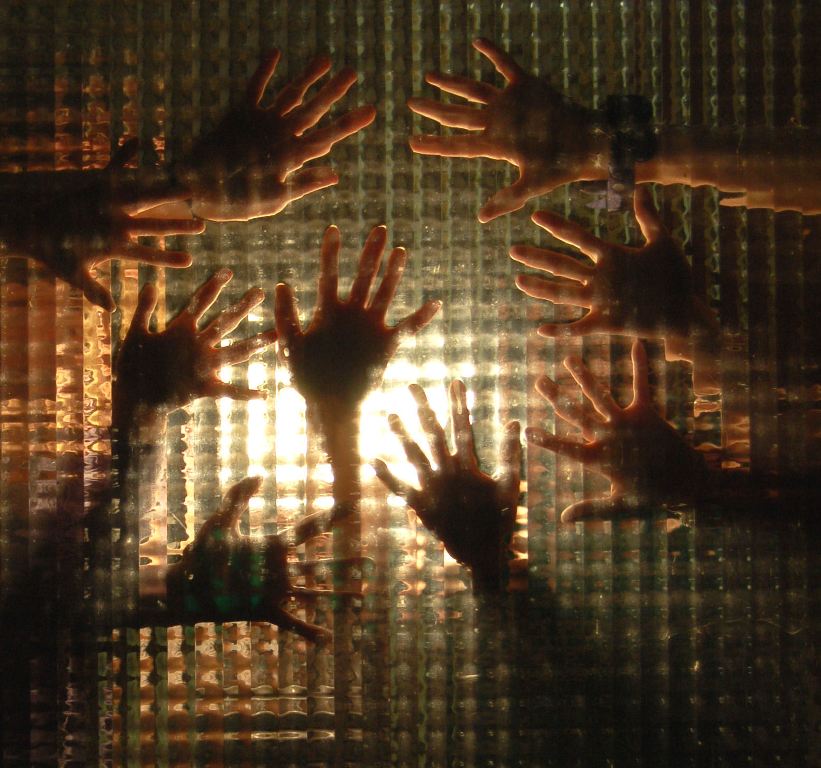
Opposition members of the Punjab Assembly staged a token walkout in protest, claiming that the government had failed to perform its duties. The Punjab chief minister was reported to have taken notice of the incident and ordered that ‘the authorities concerned’ submit a report to him and the girl be given the best possible medical care — but with 70 per cent burns, her chances of survival were always virtually nil. And there the matter will rest. Those who knew the girl, her family and friends will remember her, but few others will. Her story will disappear from sight as quickly as the flames that ate her body. There will be no trial as there is no witness to give evidence against the accused, the file will be closed and will sit on a dusty shelf until it itself turns to dust. There was no justice for this girl, and with the release of her alleged rapists, she was overcome by despair. There will be no revolution as a consequence of her death, her memorial, silent anonymity. One can only hope against hope that the Supreme Court’s action of taking suo-motu notice of this case can lead to justice. However, sadly, it will not be able to bring the victim back to life.
Published in The Express Tribune, March 15th, 2014.
Like Opinion & Editorial on Facebook, follow @ETOpEd on Twitter to receive all updates on all our daily pieces.
COMMENTS (1)
Comments are moderated and generally will be posted if they are on-topic and not abusive.
For more information, please see our Comments FAQ
1731570357-0/elon-musk-(1)1731570357-0-405x300.webp)
-(1)1717678110-0/Kendrick-(1)-(1)1717678110-0-165x106.webp)










Incidents such as these show what a sad state of affairs exist in Pakistan when people feel compelled to take their own lives as they have no faith in a corrupt justice system. This malaise starts from the front end i.e. the police, which rather than protecting the accused is there to protect them. Current laws, culture, politics and wealth are all factors that affect how the police operate.
As for the others who just read about this in the news and turn over the page, remember the next such victim could be your wife, sister or even mother. We need radical overhaul of all criminal laws in the country on an urgent basis to prevent these sort of crimes.